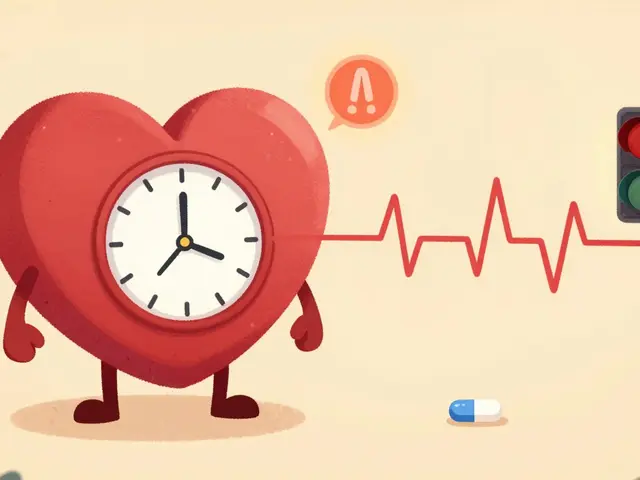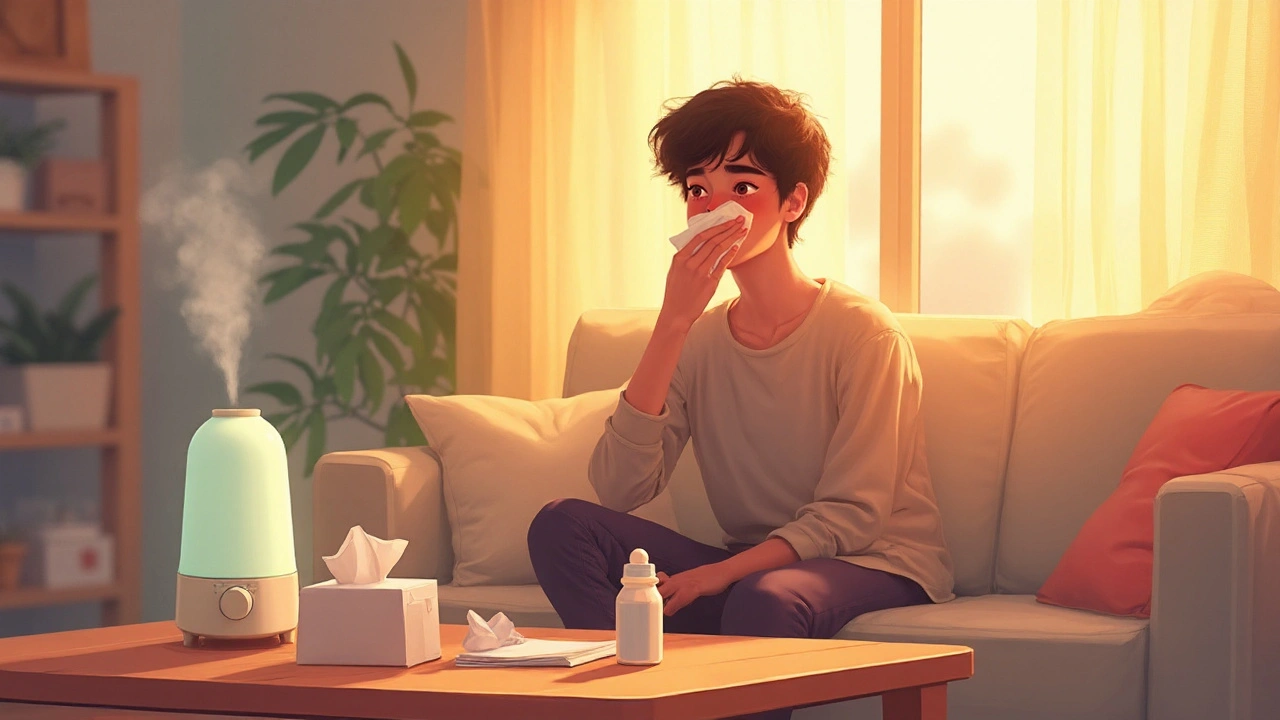Eye Care Basics: Keep Your Vision Clear and Comfortable
Your eyes work nonstop, so giving them a break and some TLC is a must. From staring at screens to bright sunlight, everyday habits can wear them down fast. Luckily, simple tweaks and the right products can protect your sight without a pricey doctor visit.
Everyday Habits for Healthy Eyes
First off, follow the 20‑20‑20 rule: every 20 minutes, look at something 20 feet away for 20 seconds. It eases the strain from phones, laptops, and tablets. Keep screens at arm’s length and dim the brightness to match room lighting. Wearing sunglasses that block 100% UV rays isn’t just for style – it shields the retina from sun damage that can lead to cataracts later on.
Don’t forget about blink rate. When we focus on a screen, we blink less, which dries out the cornea. Set a reminder to blink often or use lubricating drops if you feel gritty. A balanced diet loaded with leafy greens, carrots, and omega‑3 fatty acids also feeds the eye’s delicate cells, helping to prevent age‑related macular degeneration.
When to See a Professional
Even the best home care can’t replace a proper eye exam. Schedule a check‑up if you notice blurry vision, persistent headaches, or flashes of light. These could signal glaucoma, cataracts, or retinal issues that need early treatment. During the visit, your eye doctor can test intra‑ocular pressure, check for diabetic retinopathy, and update your prescription lenses if needed.
If you have a chronic condition like diabetes or hypertension, keep an eye on how it affects your vision. High blood sugar can cause swelling in the lens, leading to temporary blurred sight. Managing blood sugar levels and staying on prescribed meds—like the safe, affordable options we review on our site—helps protect your eyes long term.
Supplements can give an extra boost, but choose wisely. Ingredients like lutein, zeaxanthin, and zinc have solid research backing their role in reducing oxidative stress in the retina. Before adding any new supplement, read our guides on safety and reliable sources so you avoid low‑quality products.
In short, protect your eyes with smart screen habits, UV‑blocking shades, regular blinking, and a nutrient‑rich diet. Pair those steps with routine eye exams, and you’ll keep your vision sharp for years to come.





